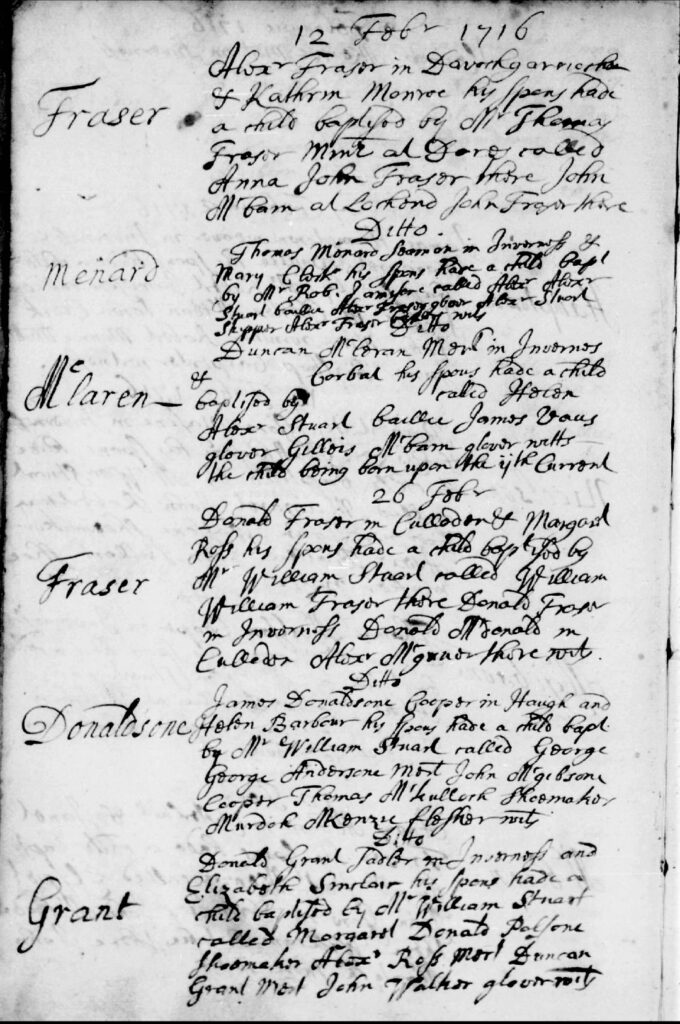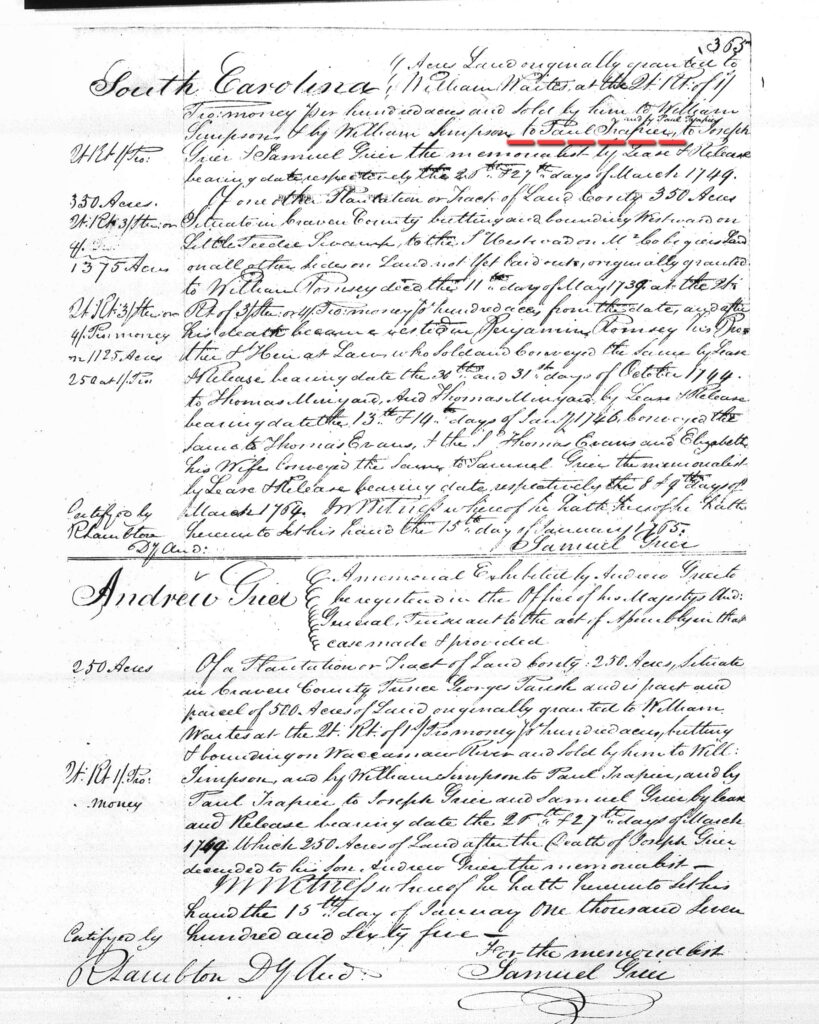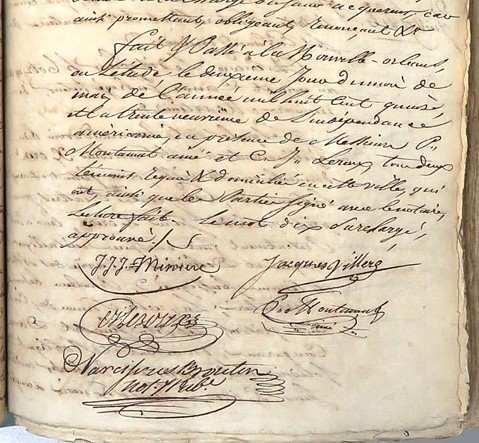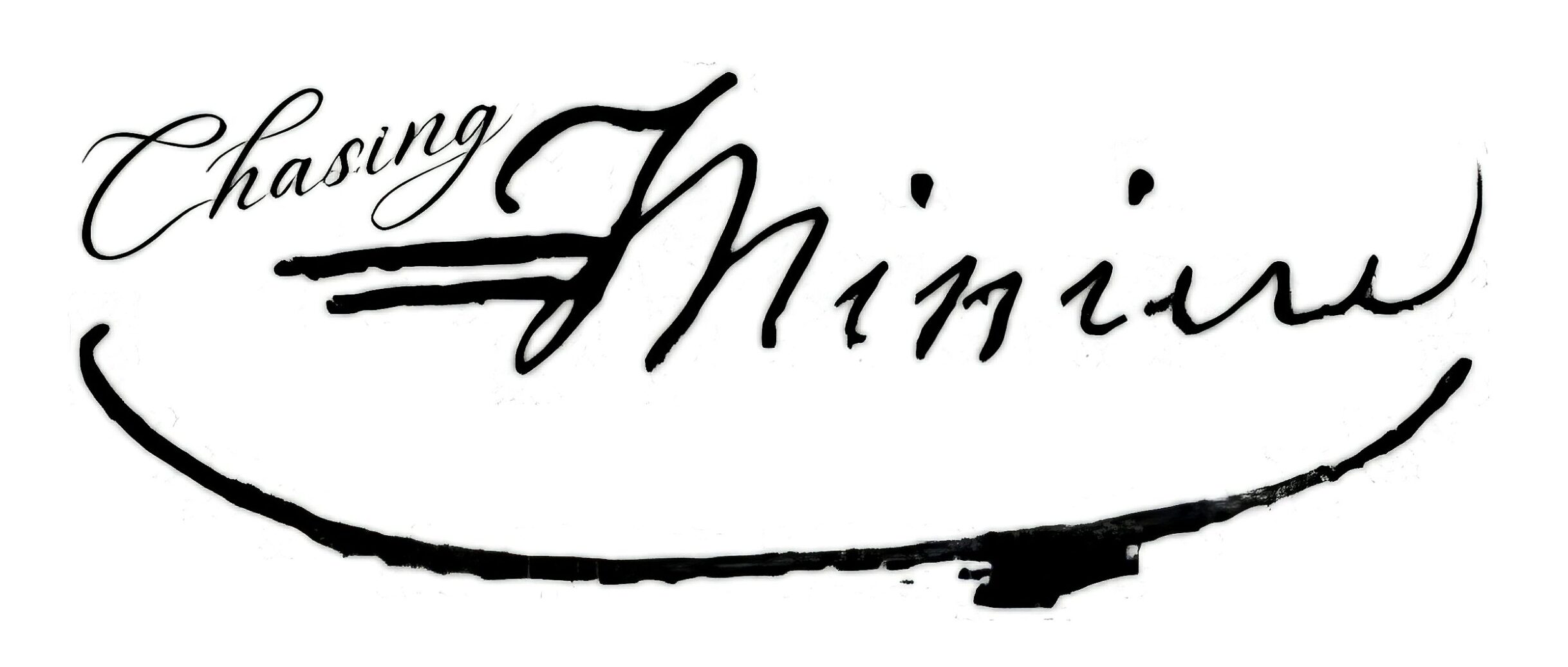After doing an Ancestry DNA test, I discovered that my heritage was mostly Scottish, Irish and English. There is no mention of any French DNA. As I’ve discussed, it’s illegal in France to have your DNA tested for genealogical purposes. There is no database to compare with my DNA.
Minyard (and it’s many variants) is a French surname. Variations include Menard, Minard and Miniere. This begs the question: Why was a Frenchman on the 1739 maiden voyage from Argyll, Scotland to North Carolina? There are two possible scenarios.
The first is the Edict of Fountainbleu. In 1685, the French king made it illegal to be non-Catholic (Protestant). Assuming the Menard family was Protestant, this would easily explain the migration from France to the Scottish Highlands.
The second scenario is the failed French expedition of 1708, which took place in March during the War of Spanish Succession. Hoping to divert British resources from Flanders, a French Navy expedition was ordered to transport 5,000–6,000 soldiers to northeast Scotland.
Due to weather and the British navy stopping the French Navy, the French retreated and returned to France. Perhaps a Menard was left behind or decided to stay.
Whatever the reason, Thomas Menard marries Mary Clerk in Inverness in 1714. In 1716, they had a son named Alexander. The French surname Menard really stands out amongst the Scottish surnames on the church records, particularly Alexander’s birth.

Note the French accent over the name. No such accent was included on Thomas and Mary’s marriage record. Finally, in 1718, the couple had a son named Thomas. The spelling is different; the surname was transcribed as Maynart.
It seems the Highlanders didn’t know what to do with this strange surname. It should be noted that the three above mentioned records are the only records pertaining to the Menard family in the Scottish Highlands.
No other records have been located by the author, before or after this small window of time. As discussed, Thomas and family were on the 1739 maiden voyage to North Carolina. Two years later, in Bladen County, Thomas petitions the British Royal Assembly for acreage in the said County, which curiously was not granted until 1753. On the court record, the British scribe wrote the name as Minyard; my family has spelled our surname in this manner since that time.
Five years after arriving in North Carolina, Thomas Minyard finds himself in Craven County, South Carolina (present-day Georgetown), involved in a land transaction with the French families Trapier and Romsey.

And of course, there is James Minyard masquerading as Jean Jacques Joseph Miniere across two decades, appearing in places like Baltimore, Manhattan, Charleston, New Orleans and Jamaica.

What does it all mean? Why were the Menards in Inverness for only a short period of time? Where did they come from? Why did the spelling of the surname keep changing? Why did the Minyard family not stay in Bladen County? Whose idea was it to call James Minyard Jacques Miniere? There’s something going on with the French, for sure.
